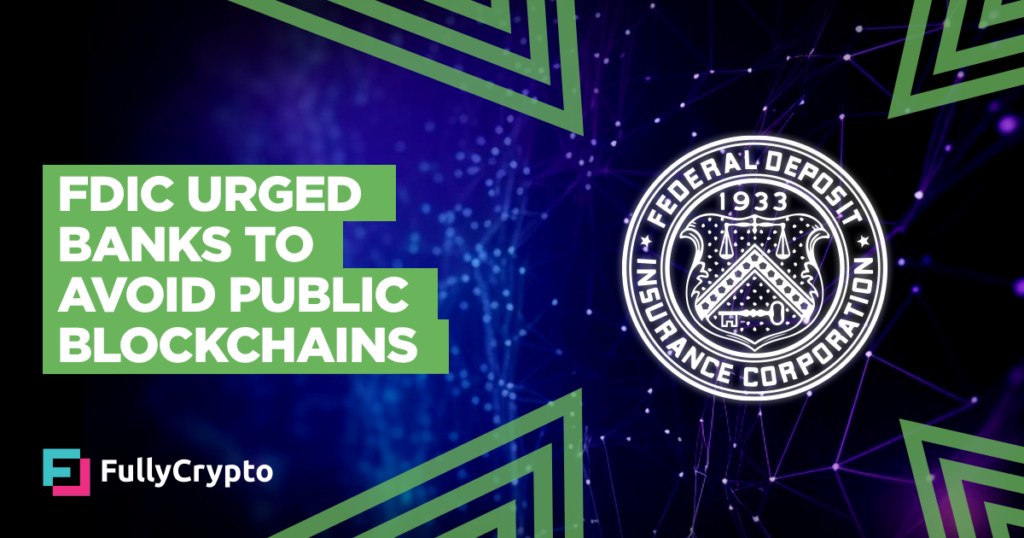
The Federal Deposit Insurance Corporation (FDIC) has urged banks in the United States to exercise caution when considering the use of public blockchain networks like Ethereum, highlighting potential security and compliance issues.
According to internal communications obtained through a Freedom of Information Act (FOIA) request by Decrypt, the FDIC flagged transparency, compliance, and cyberattack risks as key concerns. In its discussions, the agency expressed skepticism towards public blockchains, stating that they “lack the centralized control and safeguards banks depend on to ensure compliance with legal and regulatory standards.”
Instead, the FDIC suggested that private, permissioned blockchains might be a more secure and manageable option for banks looking to integrate distributed ledger technology. Public blockchains, by design, offer transparency and decentralized validation, but these features also raise concerns for traditional financial institutions.
Regulators are worried that such networks expose banks to greater risks of fraud, compliance failures, and hacking attempts. Many financial institutions, such as JPMorgan, have already adopted private blockchain solutions like Quorum, a permissioned version of Ethereum.
The FDIC’s warnings have sparked criticism from blockchain advocates who argue that public blockchains are integral to financial innovation. Ethereum, for instance, underpins much of the decentralized finance (DeFi) ecosystem, offering transparency and efficiency that could transform traditional banking.
However, regulators insist their cautious approach is necessary, with banks urged to prioritize safeguarding consumer assets and protecting the financial system’s integrity.
Source: fullycrypto.com


